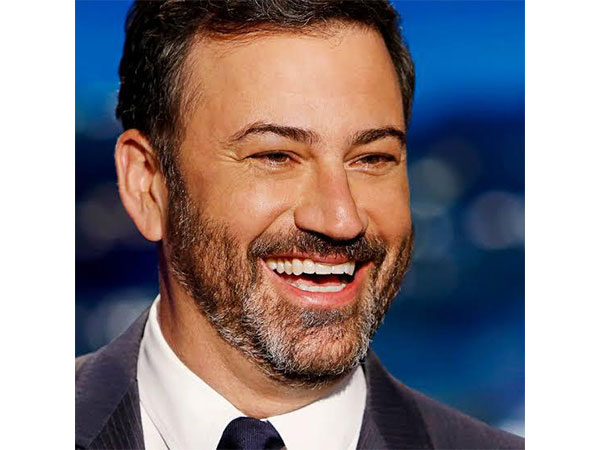Jimmy Kimmel's Controversy: Free Speech or Censorship?
Jimmy Kimmel's talk show was suspended by ABC after comments about Charlie Kirk's assassination led to criticism from FCC's head, Brendan Carr, leading to debates around free speech and government pressure on private entities. Kimmel's suspension raises questions about First Amendment rights.

ABC indefinitely suspended Jimmy Kimmel's late-night show following his controversial remarks regarding the assassination of conservative activist Charlie Kirk. The comments, addressing Kirk's shooter and linking them to Trump supporters, sparked backlash, notably from Brendan Carr, head of the Federal Communications Commission.
During a podcast discussion, Carr labeled Kimmel's comments as misleading to the public and hinted at potential action against the broadcaster. The resulting suspension ignited debates over free speech rights, with former President Trump asserting that Kimmel was dropped due to low ratings rather than censorship.
Legal experts highlight the complexities of the First Amendment, as questions arise around government pressure on broadcasters and whether it infringes on protected speech. Kimmel could face challenges if he pursues legal action, needing to prove direct coercion tied to his suspension.
(With inputs from agencies.)










